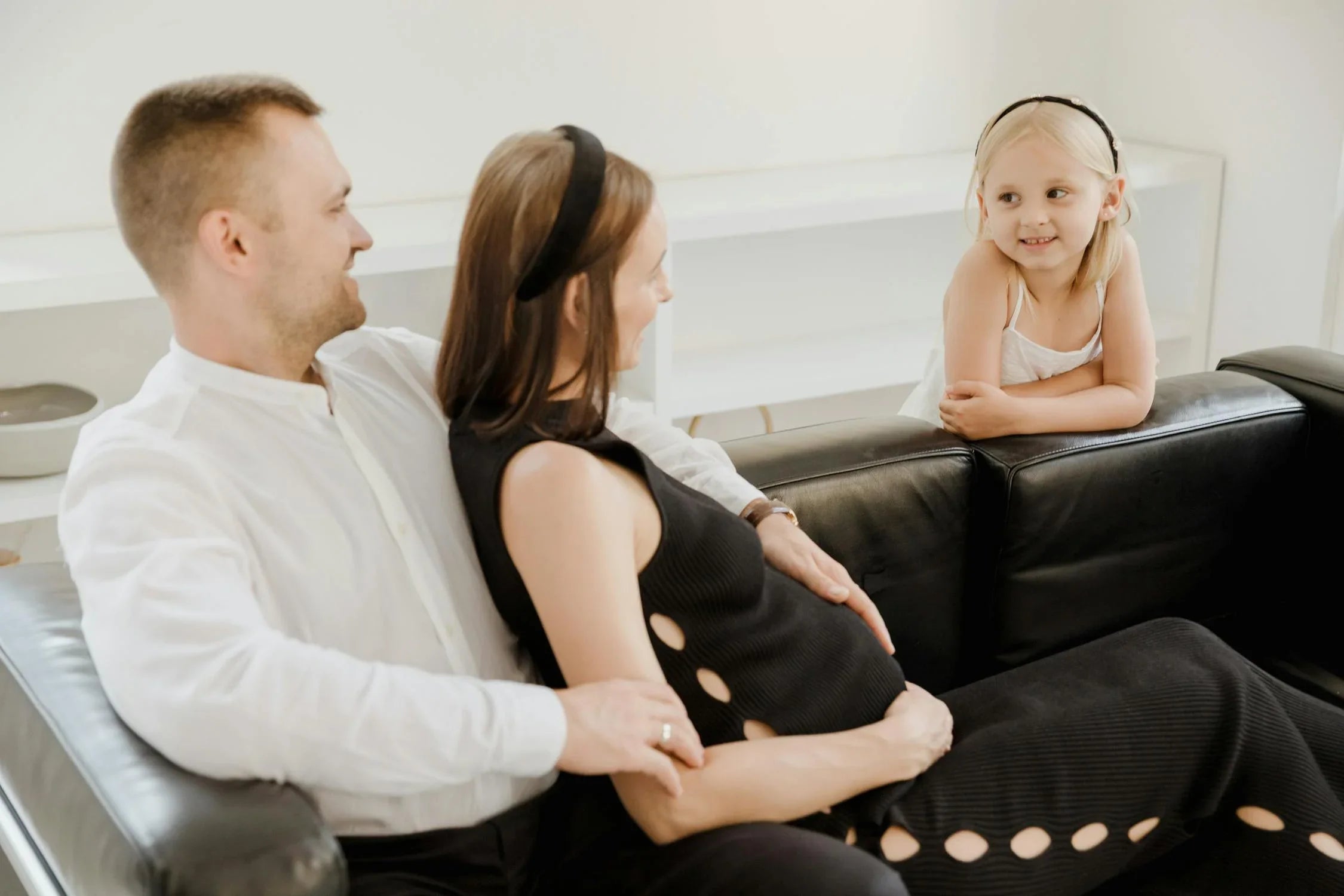Home
Pregnancy, Breastfeeding, and Pumping: The Ultimate Guide for Moms
Can I Test for Pregnancy After a Week? Everything You Need to Know

Can I Test for Pregnancy After a Week? Everything You Need to Know
Are you anxiously waiting to find out if you're pregnant? The question 'Can I test for pregnancy after a week?' is one that many women ask when they suspect they might be expecting. The answer isn't as straightforward as you might think, but this guide will walk you through everything you need to know about early pregnancy testing.
Understanding Pregnancy Testing Basics
Pregnancy tests work by detecting the presence of a hormone called human chorionic gonadotropin (hCG) in your urine or blood. This hormone is produced by the placenta shortly after a fertilized egg attaches to the uterine lining. However, the timing of when hCG becomes detectable is crucial for accurate results.
When Does hCG Production Begin?
After conception, it takes about 6 to 12 days for the fertilized egg to implant in the uterus. Once implantation occurs, hCG production begins. However, the levels of hCG are initially very low and may not be detectable by most pregnancy tests until they rise sufficiently.
Can You Test for Pregnancy After a Week?
Testing for pregnancy just one week after conception is generally too early for most tests to detect hCG. While some highly sensitive tests claim to detect pregnancy as early as 7 to 10 days post-conception, the accuracy of these results can vary. It's important to note that testing too early can lead to false negatives, even if you are pregnant.
Factors That Affect Test Accuracy
Several factors can influence the accuracy of an early pregnancy test, including the sensitivity of the test, the timing of implantation, and the concentration of hCG in your urine. Drinking large amounts of fluids before testing can dilute your urine, potentially affecting the results.
When Is the Best Time to Test?
For the most reliable results, it's generally recommended to wait until after you've missed your period to take a pregnancy test. This is typically around 14 days after conception. Testing in the morning, when your urine is more concentrated, can also improve accuracy.
Types of Pregnancy Tests
There are two main types of pregnancy tests: urine tests and blood tests. Urine tests are the most common and can be done at home, while blood tests are performed in a healthcare setting and can detect pregnancy earlier than urine tests.
What to Do If You Get a Negative Result
If you test for pregnancy after a week and get a negative result, it doesn't necessarily mean you're not pregnant. It could simply be that your hCG levels are not yet high enough to be detected. Wait a few days and test again, or consult with a healthcare provider for further guidance.
Signs and Symptoms of Early Pregnancy
While waiting to test, you might notice early signs of pregnancy, such as fatigue, nausea, breast tenderness, or a heightened sense of smell. However, these symptoms can also be caused by other factors, so they are not definitive indicators of pregnancy.
Emotional Considerations
The wait to find out if you're pregnant can be emotionally taxing. It's important to take care of your mental health during this time. Surround yourself with supportive people, and consider talking to a counselor if you're feeling overwhelmed.
When to See a Doctor
If you suspect you're pregnant but are unsure about the results of your home test, or if you experience unusual symptoms, it's a good idea to consult with a healthcare provider. They can perform a blood test or ultrasound to confirm pregnancy and provide guidance on next steps.
So, can you test for pregnancy after a week? While it's possible, it's often better to wait a little longer for more accurate results. Patience is key during this exciting and nerve-wracking time. Remember, whether you're hoping for a positive or negative result, taking care of yourself is the most important thing.
Share

